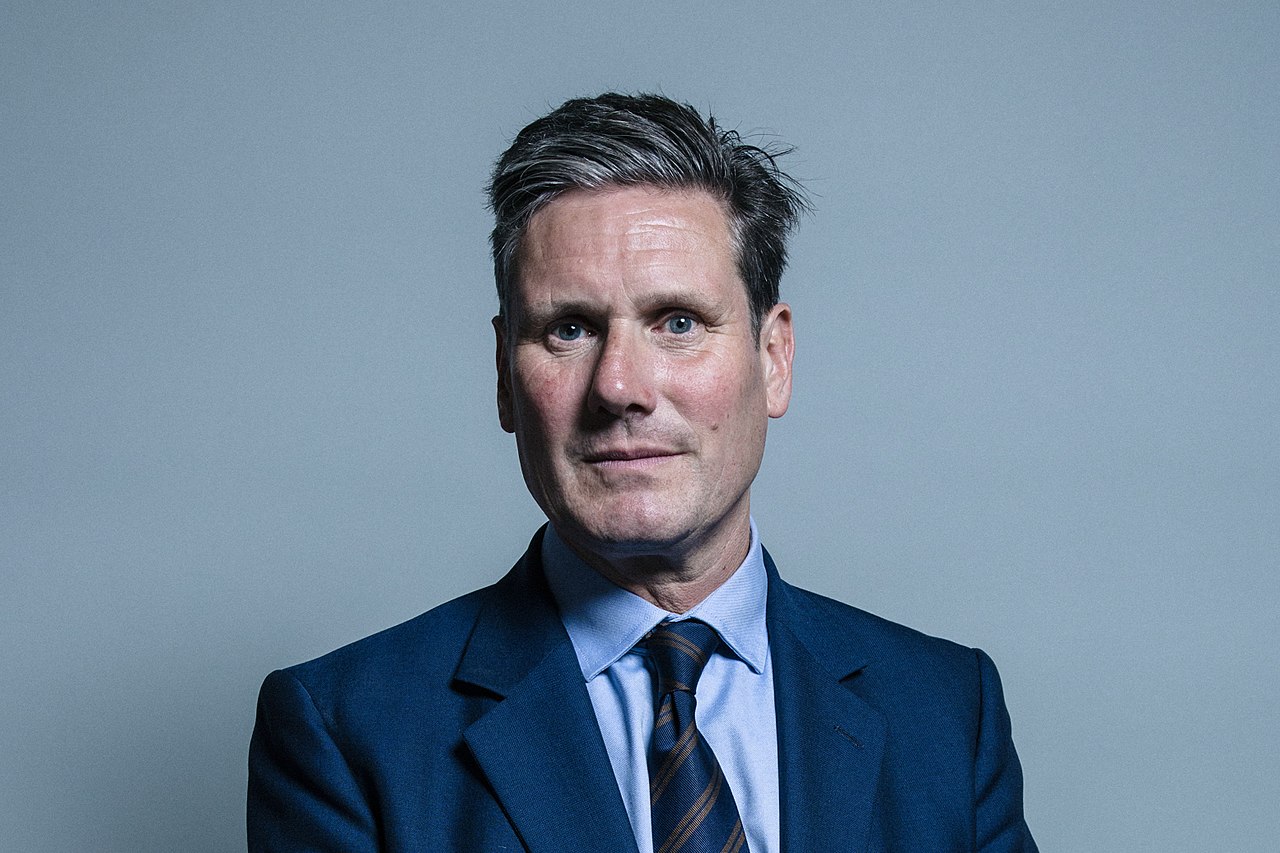LONDON (Parliament Politics Magazine) – In the event that the new Tory leader gives in to pressure and cancels the anticipated 80% spike in October, Labour is preparing a campaign blitz to assert its ownership of the new energy price cap policy.
Keir Starmer has pledged that his party “wouldn’t let families pay a penny more” on the electricity and gas bills coming winter and has suggested fixing the price cap at present levels to stop the average household bill from hitting £3,600.
The party had a short window to spread the message before the new Tory leader, presumably Liz Truss, entered No. 10, according to senior sources. The new prime minister will have to put together a thorough package on the living costs despite Truss’ diffidence to clarify what she would do to help beyond cutting taxes.
In the upcoming days, Labour will make more of an effort to promote its programme, through digital advertisements, tools for local parties to utilise in their campaigns, and direct mail to MPs. Since the middle of July, there have been preparations for the summer offensive.
The party will expand on its energy policy proposal over the next few weeks, including promises to convert 19 million houses to be more energy efficient, double the on and offshore wind capacity, and triple solar power.
The extreme method required to aid households and lower inflation, according to Starmer, is Labour’s plan, which is partially funded by an increased windfall tax. He contrasts this with the “lame duck” government’s passivity.
He said on BBC Radio 4’s Today programme that they asked themselves: did they want a plan that permitted those costs to increase, caused that anxiety, and then rebated some people after the event, but did nothing about inflation, or did they want to be more radical, more bold, more ambitious?
He added, one of the advantages of their plan was that it reduced inflation, which benefited everyone, but especially the most vulnerable and least wealthy individuals.
According to sources close to Starmer, changes will need to be made to the party conference agenda based on what the next prime minister reveals during their first few weeks in office, particularly if an early emergency budget is presented.
According to Paul Johnson of the economic think tank, the Institute for Fiscal Studies, inflation would increase if the energy subsidy was put to an end. He questioned if Labour’s plan would significantly help reduce it.
In the upcoming fortnight, Starmer will travel to marginal seats nearly every day, while Rachel Reeves, the shadow chancellor, will go to Scotland to clarify the comparison of Labour’s proposals to those of the SNP.
One senior Labour source said that they were working under the idea that Liz Truss was going to make a substantial offer on energy; they were anticipating that what she said that day was fairly different from what she would do. She would act in a politically relevant manner. Therefore, they had to ensure that they presented a winning front.
Momentum co-chair Hilary Schan stated that the labour should be advocating for public ownership, at a tenth of the cost. The majority of voters supported it as the commonsense approach, and it was the most effective strategy to contain rising costs.
Even while Reeves believed the energy sector was not “functioning today,” she continued to be sceptical of full-scale nationalisation in a Monday night interview with TalkTV.
The whole point of the package they had come up with was that every penny would contribute to lowering the bills, she added.






